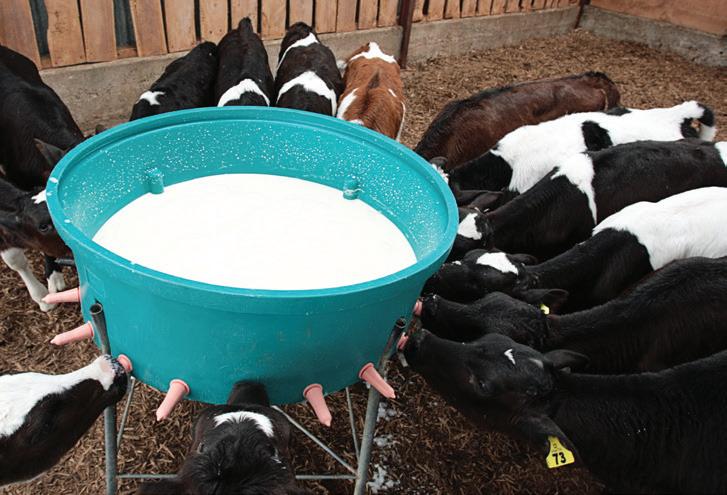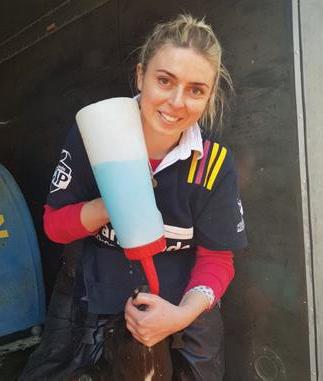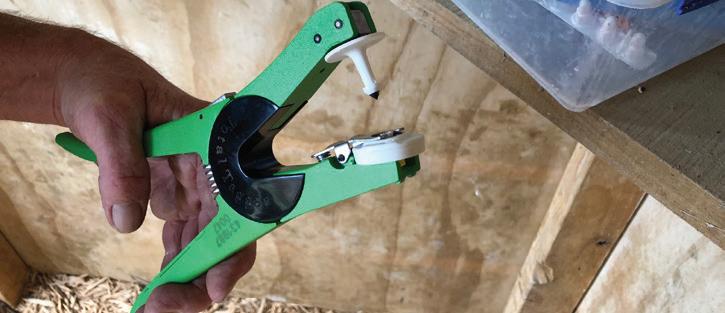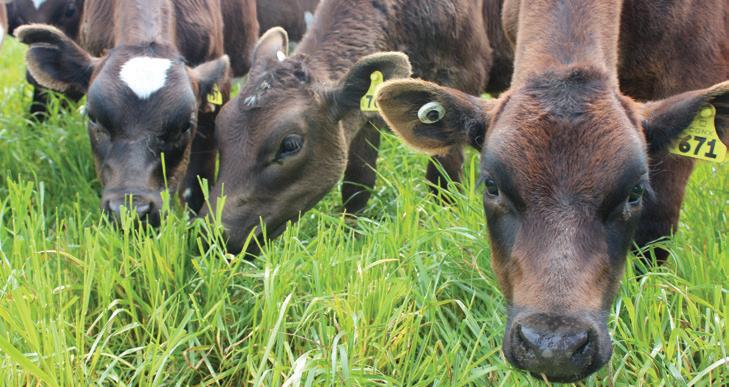Hard feeds In order to get good hard feed intakes it is important to offer fresh, palatable feed in a way that is easy for calves to access.
What to look for in a hard calf feed It is important to provide calves with good quality calf feeds that are highly digestible, contain balanced levels of energy, protein, minerals and vitamins, promote rumen development and calf growth and that help to protect against coccidiosis. Quality ingredients: It is important that hard calf feeds contain quality ingredients that are highly digestible to calves and have a good level of energy, coming mainly from starch. Take care when comparing different brands of calf feed, that the products are of similar digestibility and have a good level of starch and contain the same level of nutrients. A calf feed may appear cheaper but because the digestibility is lower, the calves get less out of the feed and more is required to get the calf to weaning weight. This means the cheaper feed is less economic in the long run. Fat can be added to boost the low energy content of some byproducts but too much fat is detrimental to rumen development and dry matter intake. Coccidiostat: A coccidiostat in calf feed is essential to help protect calves against coccidiosis (see coccidiosis page 22). Vitamins and minerals: Look for a calf feed that contains a wide range of vitamins, minerals and trace elements. Vitamins A, D and E as well as important B group vitamins, are important to include in a calf
42 | FARMLANDS CALF REARING GUIDE
feed and they help to support calves on whole milk where levels of these vitamins have been shown to be low. Also ensure a calf feed contains trace minerals such as cobalt, copper, selenium, iodine, manganese, iron and zinc, which are all essential for calf growth and health. Premium calf feeds may contain organic trace minerals, which combine an essential trace mineral with a fragment of protein. They are considered more available to the animal because they are less likely to react with other minerals but are also safer to the animal. Good pellet quality: Calf feed usually comes in a pelleted form (excluding start mixes). Pelleting feed helps to increase utilisation and reduces wastage and dust. Dusty feeds can irritate the lungs of calves and cause respiratory issues, which increases the cost of medications and reduces growth rates. Ensure pelleted feed is high quality with minimal dust.
NRM and Reliance calf feeds are make in FeedSafeNZ accredited mills. FeedSafeNZ tests the ingredients and processes used by feed manufacturers. It includes an on-site audit of ingredients, plant, storage and operations. FeedSafeNZ audits are carried out annually by AsureQuality, a company that provides food safety and bio-security services worldwide.













